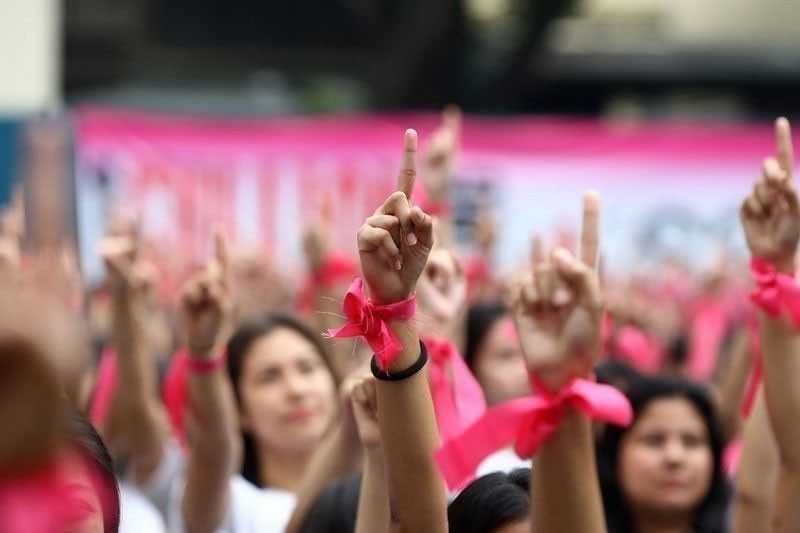Pinays make better decisions on RH

MANILA, Philippines — Filipino women aged 15 to 49 rank “better” compared to other countries in terms of the ability to make decisions about their sexual and reproductive health and rights, a report of the United Nations Population Fund (UNFPA) bared yesterday.
Based on the UNFPA’s 2021 State of the World Population (SWOP) report, the proportion of surveyed women aged 15 to 49 in the Philippines between 2007 and 2018 who make their own decision concerning health care and reproductive health and say “no” to sex is at 81 percent.
“Those who have the power to say no to sex are at 88 percent; those who have decisions on contraception, 94 percent; and those who can decide on health care, 97 percent,” a statement said.
But according to UNFPA Country Representative Leila Joudane, there are still areas where the Philippines “can do better in ensuring that women and girls exercise their bodily autonomy.”
She underscored the need to address the disparities across income, age, level of education and geographic location in realizing this right.
Worldwide, the report states that women only enjoy 75 percent of men’s legal rights, despite constitutional guarantees of gender equality in many countries.
The theme of this year’s report, titled “My Body Is My Own: Claiming the Right to Autonomy and Self-Determination,” highlights women’s power to control their own bodies – and its link to the degree of control they have in other dimensions of their lives.
Commission on Population (PopCom) director general Juan Antonio Perez III said there are challenges that young Filipinos face. “Adolescents in the Philippines continue to face cultural and systemic barriers in realizing their rights for bodily autonomy,” he said.
Even before the pandemic, the Philippines faced high adolescent pregnancy rates as one in five girls became mothers by the age of 19.
The country has one of the highest adolescent birth rates in Southeast Asia with 47 births per 1,000 women aged 15-19 per year – higher than the average adolescent birth rates of 44 globally and 33.5 in the region.
Adolescent pregnancies are often not a result of a deliberate choice but a result of restrictive policies, sex without consent, harmful social norms and lack of information.
To address the issues, he cited the need for the Philippine government to make investments in key programs that will protect the rights of young people for self-determination.
“These will be vital, especially about their bodies, and revise the policies that disadvantage our young people in realizing these related rights,” Perez said.
- Latest
- Trending





























